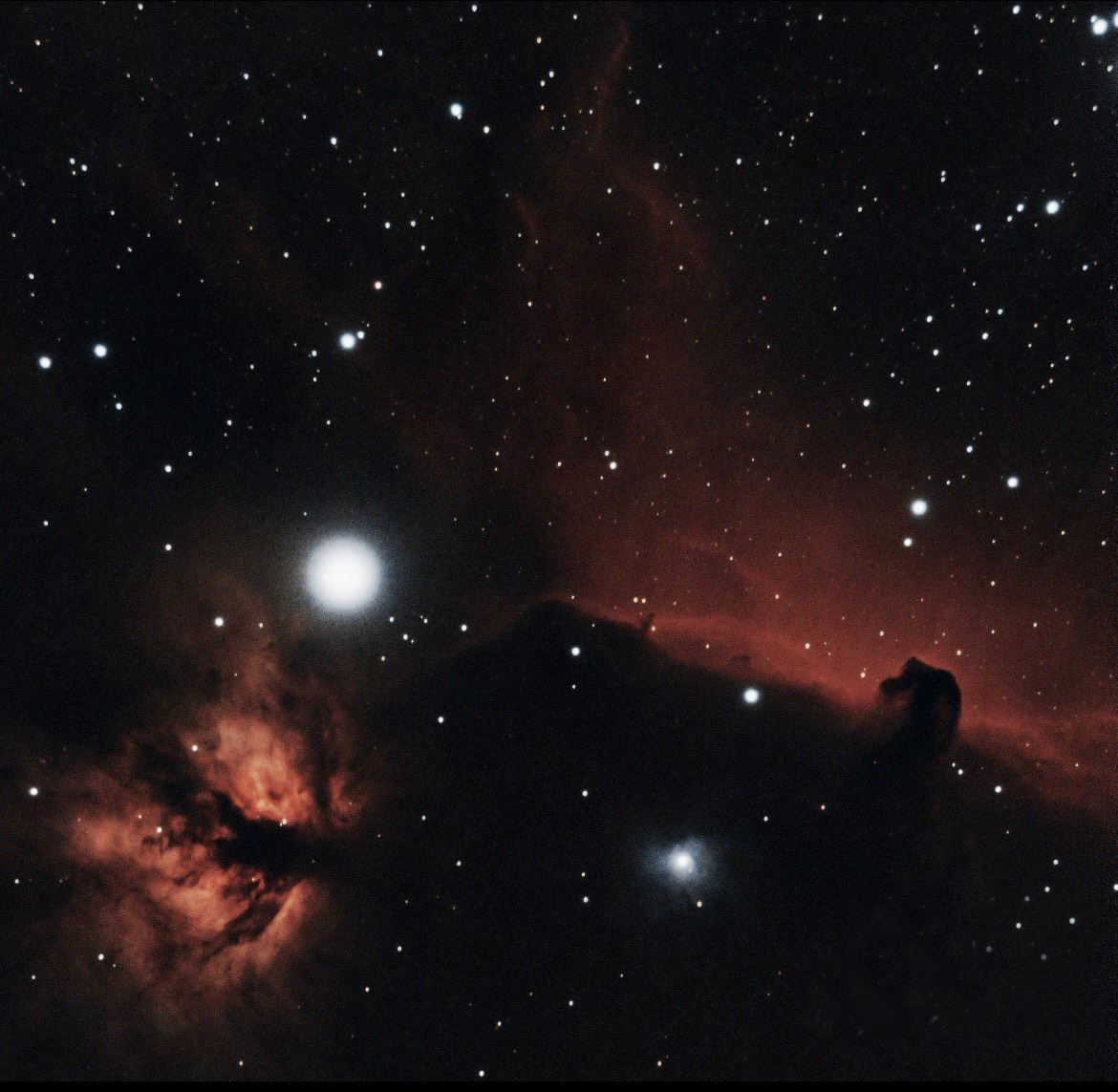It’s been over 50 years since humans first stepped foot on the moon, but the space race is far from over. Only this time, instead of the United States competing against the Soviet Union, it’s billionaires competing over the space tourism market.
On Wednesday, Sept. 15, SpaceX, the space exploration company founded by Elon Musk, launched the first ever all-civilian crew into orbit on the rocket Inspiration4. The successful launch followed a summer filled with billionaires in space. On July 20, space tourism company Blue Origin launched its first human test flight, with its founder Jeff Bezos on board. Nine days prior, Richard Branson, fellow billionaire and founder of the space tourism company Virgin Galactic, visited space on his own test flight.
The competition between Musk, Bezos and Branson to commercialize space travel has been dubbed by many on the internet as the “billionaire space race,” and it looks like Branson is winning. Virgin Galactic announced plans to begin commercial flights to space as soon as 2022, with an expensive ticket price of $450,000 per seat. Although the ticket price is expected to drop in the future, currently, space is primarily available to the top 1%.
The space tourism industry itself is projected to be worth $8 billion by 2030, but not all are in favor of the space race or the billionaires behind it. Those opposing the race argue that the money would be better spent elsewhere. David Beasley, Executive Director of the United Nations World Food Program, spoke about this in a tweet directed towards billionaires Branson, Bezos and Musk.
“Excited to see you compete on who gets to space first!” Beasley said. “But I would love to see you team up together to save the 41 million people who are about to starve this year on Earth! It only takes $6 Billion. We can solve this quickly!”
Many share Beasley’s sentiment, including science teacher Anthony Palumbo, who teaches Earth and Space Science.
“I think it’s a great idea to have the technology available for privatized space travel,” Palumbo said. “But I’m also on the side of the fence of let’s take care of everyone here on Earth, and then we’ll get to space.”
Around the time of Bezos’s flight, a petition was created calling for Jeff Bezos to not be allowed to return to Earth. The petition, created by change.org user Ric G, has amassed over 197,000 signatures. The description of the petition reads “Billionaires should not exist… on earth, or in space, but should they decide the latter, they should stay there.”
On the other hand, supporters of space tourism bring up all the possible technological advancements that could come from it. Just as the first space caused significant progress in many fields of science, the billionaire space race could possibly bring many more. Social science teacher Benjamin Gaddis, who teaches ethics, talks about the benefit the space race brings to society.
“I firmly believe that going to space and the space race is what expands our technology as we know it,” Gaddis said. “And so I think it’s ethical in terms of what we learn from the process of going to space is so important.”
Private space exploration companies are motivated by scientific gain, whereas space tourism companies focus on giving recreational experiences in space to those tourists who pay for them. The difference is crucial in determining whether or not space tourism will actually bring any scientific advancements.
“Some perceive Elon Musk as doing good,” Gaddis said. “He’s working with NASA and trying to expand the private sector there. On the other hand, you have Jeff Bezos, who left his divorce and started spending millions of dollars to go to space when his workers complained about back troubles, labor, things like that… That’s where there are some ethical concerns to letting the rich do this. Does it really advance the space program?”
It’s unclear whether or not the commercialization of space travel is ethical and even more unclear whether or not billionaires should be the ones controlling it.
As former president Lyndon B. Johnson said in 1958, “Control of space means control of the world.”














